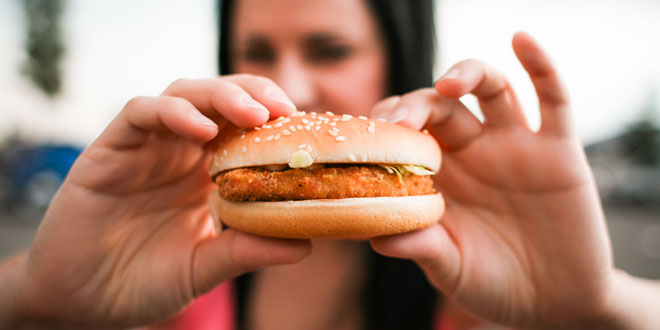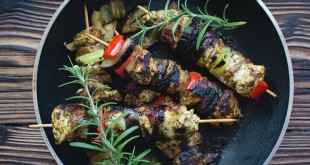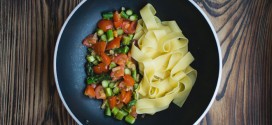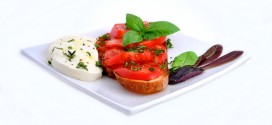In this article we examine five clichés about nutrition, particularly popular, trying to distinguish the true from the false.
- The fats are bad
Given that cardiovascular diseases are the leading cause of death in the world, and given the close connection between these diseases, cholesterol and diet too rich in saturated fat, the consensus is that fat is always harmful.
Actually lipids in living organisms play a number of essential roles: in addition of being an energy reserve, they enter into the constitution of biological membranes, regulate metabolic exchange, protect against external agents and play an important hormonal function.
So there are good fats and bad fats: the good ones, i.e. mono and poly unsaturated, which should be included in our diet (especially omega 3 and omega 6), and the bad ones, or saturated, trans and hydrogenated fats, to avoid because at the origin of LDL cholesterol. - The Kamut® is good for coeliacs
It is rather widespread opinion that the Kamut® is a gluten free grain, therefore suitable for people with celiac disease or not celiac gluten sensitivity.
It’s not true. Kamut® belongs to the grass family, and being an ancestor of wheat, it contains gluten.
Not only, omitting the discovery in an Egyptian tomb in the middle of last century (hence it is also called ‘grain of Pharaoh’), the Kamut® is a registered trademark owned by the US company Kamut. Basically, to use the term in the context of the designation of a food, you should pay a royalty. - Sport is good
Physical activity, rightly, is associated with taking care of themselves and well-being, as it helps to control the balance of calories and triggers hormonal and enzymatic processes that lead to the ‘feel good’.
It is not always true: if the duration or frequency of workouts is too high, we encounter the overtraining, that is not so good.
During the race, for example, about 95% of the oxygen is used by cells to produce energy, while the remaining part induces the formation of free radicals.
And if exercise causes that the body increases the defensive capabilities against aggression of these molecules, establishing a kind of balance between the production of radicals and the natural body’s ability to neutralize them, in overtraining such balance fails: the increase in oxygen consumption and the inflammatory processes induced by micro injuries that are created during training, breed a condition of oxidative stress.
In conclusion we can say that the sport is like a drug: at low doses it is useless, in excessive doses it is toxic, at correct doses it is good. - Eat lots of fruits
As in the case of physical activity, even eating fruit is good, because it contains vitamins, fiber and antioxidants.
Be careful not to overdo it though! The fruit, because contains fructose, if consumed in excessive amounts may result in too high intake of simple carbohydrates, able to increase triglycerides in the blood.
The sugars in fact, on the contrary of lipids, do not have an effective system of storage, and if present in excess are converted into triglycerides from the liver. Especially in cases of inadequate physical activity, this could result in time the establishment of a real metabolic syndrome. - Fasting makes you lose weight
Dieting means first eat less.
But be careful: the body, which ferried to date the human species through millennia of famine and is much wiser than us, when using reduced caloric portions it lowers the basal metabolic rate, so adapting their energy expenditure to scarce resources.
In addition, to make up for this deficiency, not only draws from the reserves accumulated in the adipose tissue, but also goes to affect muscle mass.
And since the body is also prudent, as soon as you go back to eating normally, the surplus energy tends to accumulate as fat: have you ever seen that new arrivals of a famine…
To consider, finally, that if such eating behavior is useless when not counterproductive in order to lose weight, also becomes dangerous to the extent that it tends to follow a diet heavily unbalanced and poor in essential nutrients, with symptoms ranging from chronic fatigue to the alterations of mood, from the decline of the immune system to intestinal dysbiosis.
Before moving to fast, with the risk of not losing weight and the certainty of becoming less healthy and more unhappy, consult a professional to have an individual nutrition plan!
 NatrixLab Laboratorio di analisi – nutrizionista
NatrixLab Laboratorio di analisi – nutrizionista





